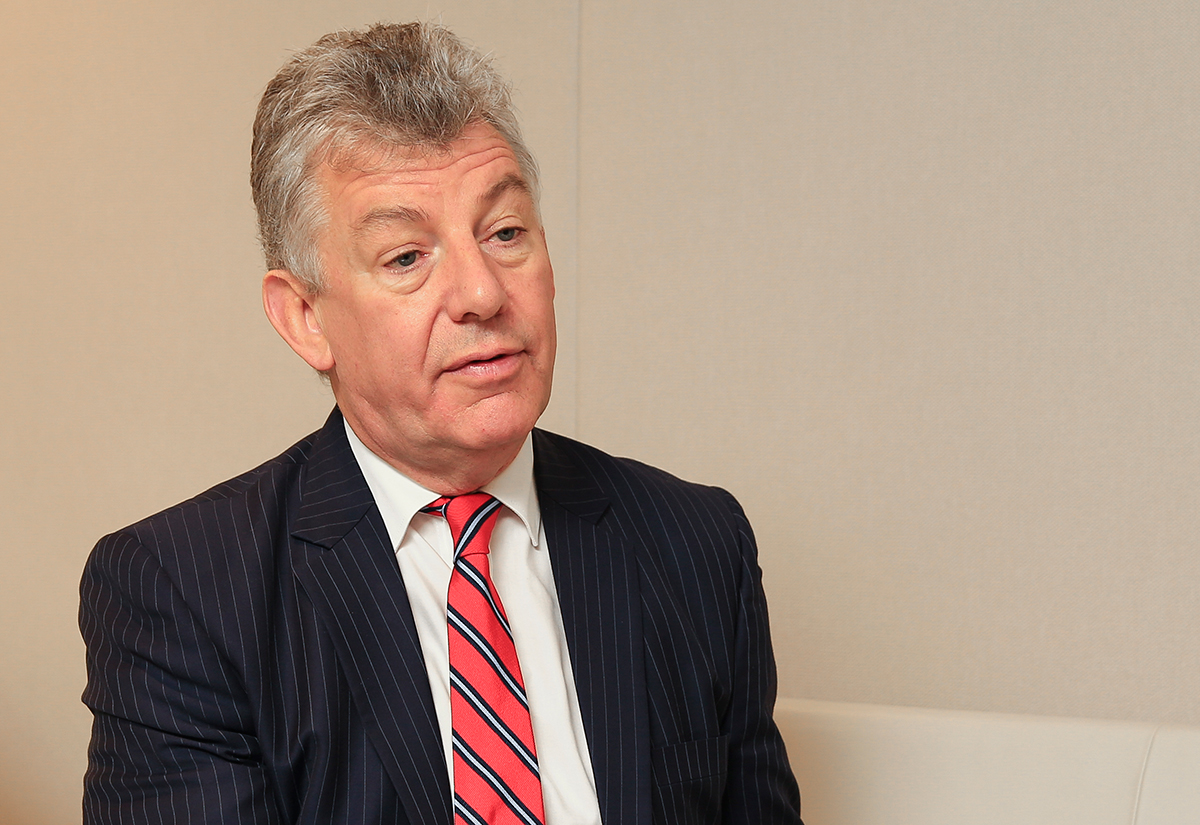

Embassy pending payment of some type of fee or passport problem. The person claims they are being detained at the U.S.

citizens abroad is the top priority of U.S. The person claims they contacted the U.S.Military personnel do not need Embassy permission to take leave, and Afghanistan does not charge exit fees to leave the country. Embassy to issue them an “exit letter” to take leave. The person claims they need your help to pay an Afghan “exit fee,” or claim they need the U.S.military has systems in place for service members to travel on leave. soldier who wants to visit you during their “R&R” vacation, but need you to send money or a credit card so they can buy plane tickets. government and military have systems in place to evacuate service members, diplomats, and contractors who are injured or need to visit families in the United States for emergencies. The person claims they have suffered a serious injury in Afghanistan and needs assistance to return to the United States, or claims they need money to travel home to visit a sick relative.You have never met your friend / boyfriend / girlfriend / fiancé / business partner in person all your communication has been strictly online.After the person receives the money, they disappear and do not respond to messages.īefore you send funds, check to see if you recognize any of the following “red flags” as warning signs, and realize that you may be a potential victim of a scam:

Scammers can be very clever and deceptive, creating sad and believable stories that will make you want to send them money. Once they have gained their victim’s trust, the scammers create a false situation and ask for money. To back up their fake stories, they often steal real soldiers’ or models’ photos and names gleaned from internet web sites. These con artists are very convincing and troll the Internet for potential victims, spending weeks or months to build a relationship. Embassy diplomat, or an employee of an international aid organization. Armed Forces, a military contractor, a U.S. citizen stationed in Afghanistan as a member of the U.S. The most common scam we see involves calls, texts, or social media messages (Facebook, WhatsApp, Viber, Kik, dating apps, etc) from a person claiming be a U.S. These scams are attempts by con artists to convince you to send them money by developing a friendship, romance or business partnership online, and then exploiting that relationship to ask for money. Embassy Kabul frequently receives inquiries from people who have been victimized by Internet scammers.


 0 kommentar(er)
0 kommentar(er)
